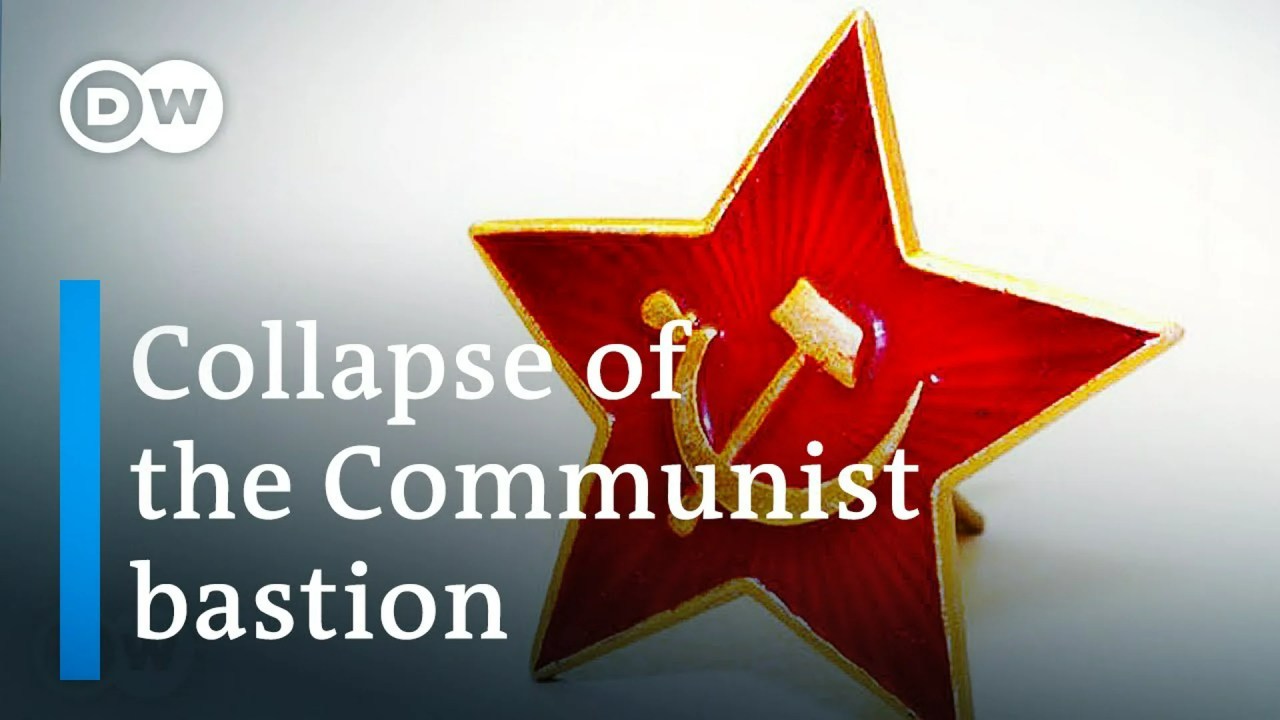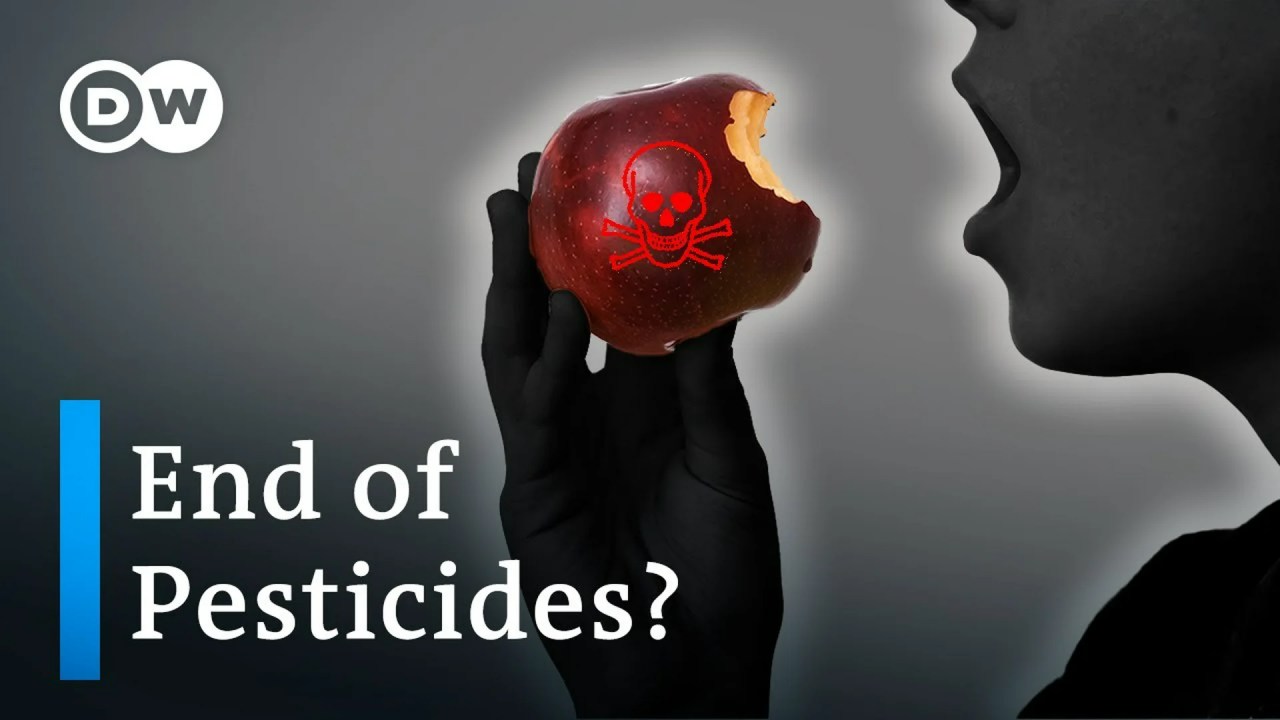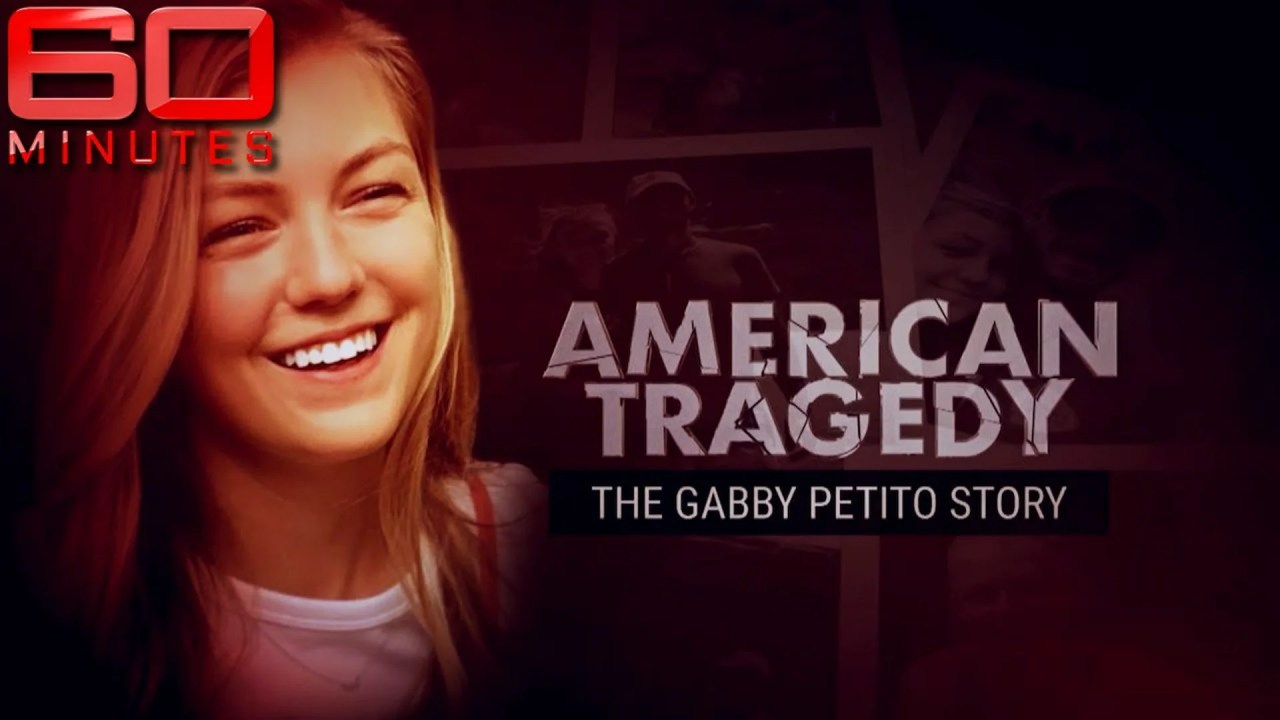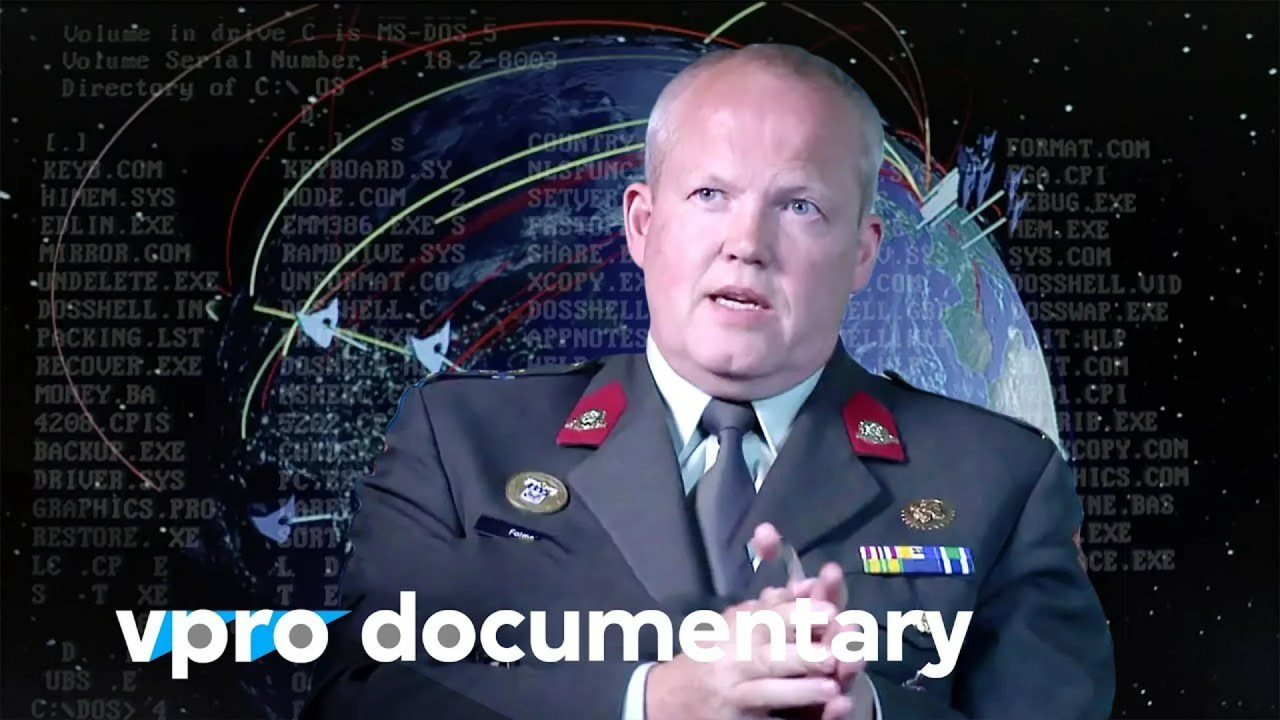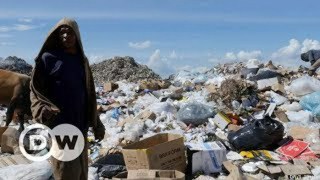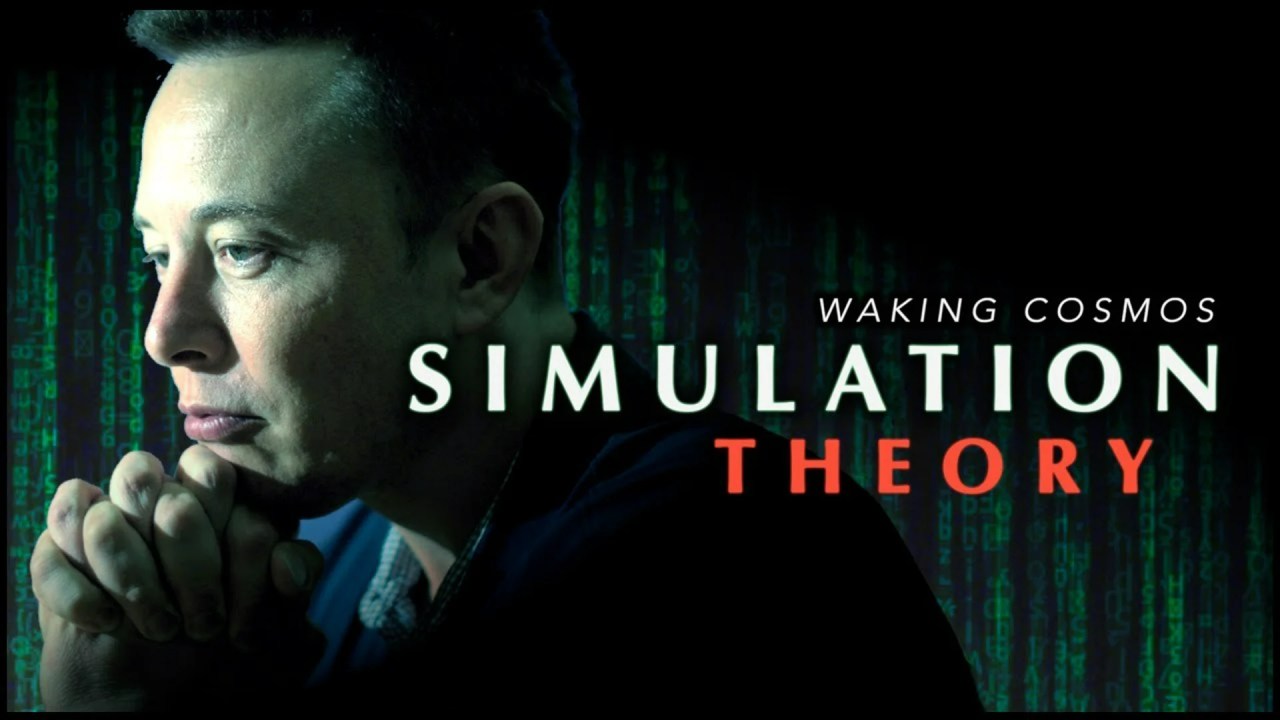Are you curious about the meat industry? If you’re looking to dive deeper into the subject, watching documentaries is a great way to learn more. From factory farming and animal cruelty to environmental issues like climate change and pollution, there are many compelling stories out there that can help shed light on aspects of the industry. Here’s our list of some of the best documentaries about the meat industry that you should watch. From eye-opening exposés to informative interviews with experts, these films will give you a deeper understanding of this complicated and controversial topic. So, without further ado, let’s take a look at some of the best documentaries about the meat industry.
1. Food, Inc (2009)
 The American food industry has become synonymous with corporate control and profit over public health. In this eye-opening documentary, we take a deep dive into the inner workings of this industry and unveil the truth behind the glossy packaging and enticing advertisements.
The American food industry has become synonymous with corporate control and profit over public health. In this eye-opening documentary, we take a deep dive into the inner workings of this industry and unveil the truth behind the glossy packaging and enticing advertisements.
2. The Meat Lobby: Big Business Against Health? (2016)
 Discover the hidden tactics of food industry lobbies as they manipulate regulations to protect their profits. Unveil the shocking truth behind the dangers of certain additives in processed meats, and how these risks were pushed aside for decades through powerful lobbying efforts.
Discover the hidden tactics of food industry lobbies as they manipulate regulations to protect their profits. Unveil the shocking truth behind the dangers of certain additives in processed meats, and how these risks were pushed aside for decades through powerful lobbying efforts.
3. Meat Me Halfway (2021)
 Experience the powerful and thought-provoking journey of Meat Me Halfway, a documentary produced by Madelaine Petsch. Join us as we delve into the complex world of food and its impact on our lives, in an effort to bridge the gap between conflicting beliefs around the dinner table.
Experience the powerful and thought-provoking journey of Meat Me Halfway, a documentary produced by Madelaine Petsch. Join us as we delve into the complex world of food and its impact on our lives, in an effort to bridge the gap between conflicting beliefs around the dinner table.
4. At the Fork (2016)
 Discover the hidden truths behind the meat and dairy industry as filmmaker John Papola delves into the controversial topic of animal agriculture. With his wife Lisa, a vegetarian, by his side, they embark on a journey to uncover the harsh realities of how farm animals are raised for human consumption.
Discover the hidden truths behind the meat and dairy industry as filmmaker John Papola delves into the controversial topic of animal agriculture. With his wife Lisa, a vegetarian, by his side, they embark on a journey to uncover the harsh realities of how farm animals are raised for human consumption.
5. The End of Meat (2018)
 Meat consumption is a contentious topic, with strong arguments both for and against it. However, “The End of Meat” takes a unique approach by exploring what our world could look like without meat consumption altogether.
Meat consumption is a contentious topic, with strong arguments both for and against it. However, “The End of Meat” takes a unique approach by exploring what our world could look like without meat consumption altogether.
The Best Free Documentaries about the Meat Industry
1. Modern Meat
The hamburger is a symbol of America’s culture and the average American eats it three times a week. It serves as the driving force behind the constantly evolving meat industry. Despite this, there are still concerns surrounding the safety of beef supply in America. FRONTLINE has released a documentary, “Modern Meat”, to explore these issues and investigate why tainted food can still get through the system. In this documentary, FRONTLINE takes a deep dive into the U.S meat industry and examines its processes to ensure that America’s beef supply remains safe and pristine for years to come. The documentary also looks into why contaminated products are able to make their way through the system, leading viewers on a journey of discovery as they uncover the truth of this particular industry. With a fascinating storyline and investigative research, “Modern Meat” is sure to captivate viewers and provide a unique insight into the inner workings of the meat industry. It’s a must-watch for anyone interested in food safety and America’s beef supply.
PBS Frontline “Modern Meat” (2002) from Stop Foodborne Illness on Vimeo.
2. Do we need to eat meat?
A question that has been asked for centuries is why some societies love dogs and eat pigs. To answer this query, we must take a look at the cultural, historic and psychological origins of meat consumption. Ilja Steffelbauer, a cultural historian, has studied the history of hunting since humanity’s beginnings – from an era when meat was scarce to modern times it’s bountiful. He believes that this has greatly impacted our behaviour and made us the most voracious meat-eaters in history. Meanwhile, US psychologist Melanie Joy asserts that many societies have developed a sort of ideology where only certain animals are seen as edible – while the others are viewed with disgust. To uphold this notion, she states that three myths constantly perpetuated: eating meat is natural, necessary and normal. At the Goldschmaus abattoir, Gerald Otto, an animal welfare officer, explains why he believes it’s acceptable to consume meat while showing what steps have been taken to ensure that the death of animals slaughtered for food is as painless as possible. On top of this, nutritionist Niko Rittenau examines the essential nutrients that meat provides and how these can be acquired from other sources. He also looks into why we find the flesh of certain animals so delicious, as well as what role our instincts play in this process.
3. Corrupt Food Industry | Lobbying Against Health | Meat Consumption | Documentary
It is no secret that the food industry has been corrupted. Our youngest generation are being fed mysterious meals with confusing labels, leaving parents wondering what their children are consuming. Not to mention, the unrealistic colour of ham and other processed meats! How is it possible for pink meat to be seen as edible? It’s a wonder why we trust these products in the first place! What makes the matter worse is how big businesses are able to manipulate policy decisions that could potentially benefit public health, ultimately hindering any progress. It has become a never-ending cycle of deception and corruption that will take time and effort to break down. So, what can be done? Well, we must start by becoming more aware of the food industry and the products we buy. We can look for organic meals with clear labels free of misleading information. We should also take into consideration how big companies are affecting policies that could potentially improve public health and take part in discussions or petitions to ensure better laws are put in place.
4. The world of meat substitutes
Have you ever tried to replicate a beloved taste? The answer can be found in the world of meat alternatives. Climate change is an ongoing issue, and scientists have warned that one of its causes is the consumption of meat. As such, many people are now researching credible alternatives that could replace it. It’s not enough to stop driving cars or using airplanes to reach the 1.5-degree target, as we must also rethink our diet. Cynthia Rosenzweig from NASA exclaims that continuing with our current meat consumption habits would be disastrous. A growing number of people are now opting for a ‘flexitarian’ lifestyle – where more plant-based proteins are favoured and eaten less often than animal ones. If you’re ever curious about this industry, watch the documentary “The Great Meat Debate”. Established meat producers, like Rügenwalder Mühle, have launched their own plant-based alternatives. Even Silicon Valley and Israeli start-ups are investing in high-tech methods to produce ‘real’ meat in laboratories.
5. Factory farming, animal welfare and the future of modern agriculture
Anja Hradetzky is leading the way, demonstrating that livestock farming can be harmonized with animal wellbeing. Out in the fields, her cows graze peacefully and their calves playfully prance around them. When it’s time for slaughter, Anja ensures the animals are killed humanely, quickly, and mercifully with a single shot. Dirk Nienhaus, a pig farmer, gives us a rare peek behind the scenes of his modern piggery. He reveals how livestock breeding has transformed into an efficient, high-tech process – illustrating the fact that factory farming and cheap meat go hand in hand. As he contemplates the welfare of his pigs, Dirk reflects on his own part in this system. Friedrich Mülln is a stark contrast, taking the opposite side by publicly disclosing scandalous acts in factory farms through his animal welfare organization SOKO Tierschutz. He works under the cover of night to film and document evidence of these atrocities. Friedrich explains why he abhors factory farming and insists there must be better solutions. The documentary sheds light on the current status quo of farming and the dire consequences it has for both animals and humans. It is an eye-opening story told from three distinct perspectives, each making a vital contribution to our understanding of modern agriculture. Together, they offer a glimpse into how factory farming can be made more ethical and humane.
6. Million Dollars Pork Processing Technology – Modern Pig Farming | Food Factory
7. Dirty Secrets of the Meat Industry: Cancer-Causing Processed Meat?
For decades, the meat industry and its lobbyists have been working behind the scenes in a bid to prevent regulations on certain additives. From Denmark to Wisconsin, director Sandrine Rigaud uncovered the tactics of this powerful industry. Recent research has linked several components of processed meats to cancer, yet those who publish studies that reveal any health risks associated with these products are frequently discredited. At the heart of this controversial campaign are the scientists who cooperate with meat companies, often receiving generous compensation for their studies which encourage people to eat more meat. This strategy serves as an attempt to hinder and even cancel out any regulations that could threaten the industry’s profits. In 2015, The World Health Organisation officially listed one of these additives as a carcinogen – a finding that could have caused serious damage to the industry’s reputation. Yet, due to lobbying from the meat industry, this substance was almost banned in America in the 1970s.
8. Ethics and meat consumption
Are Peter Singer, Sara Hintze, Jon Mallatt and Dan Shahar all asking the same question? Are humans really so different from animals that we can justify consuming them? Professor of Ethics at Princeton University, Peter Singer explores the idea of utilitarianism and how it might be used to address the moral implications of meat consumption. Meanwhile, animal welfare researcher Sara Hintze examines the emotions of farm animals and presents her findings in touching footage from her lab. Evolutionary biologist Jon Mallatt dives into the past to help explain why animals began to feel, while Dan Shahar defends the consumption of meat – even as he acknowledges its difficult realities. Together these four provide us with an interesting look at how our relationship with animals is constantly evolving. From the philosophical to the practical, they help us consider our roles as guardians of animals and what that entails. Here we can see how perspectives from different angles come together to create a complex understanding of this urgent issue.
9. The Carnivore’s Dilemma: Is It Ethical to Eat MEAT from Industrial Farms?
Benoît Bringer, a prize-winning investigative journalist and first-time father, is determined to answer one of the most important questions facing us today: should we still be eating meat? In his documentary, he embarks on a journey to uncover the truth. He visits some of the worst industrialized farming sites in the US, Portugal, France, Sweden and Germany. What he discovers is heartbreaking; animal cruelty, major health issues and environmental damage are the inevitable consequences of striving for relentless productivity in order to provide cheap food as our population grows. But it’s not all bad news. During his journey, Benoît also finds hope in the positive alternatives being developed around Europe. He uncovers a world of sustainable farming practices that offer a way out of our current mess. His documentary exposes the real truth behind our food production and its impacts, offering viewers an eye-opening experience into the reality of large-scale meat production. In an emotionally powerful conclusion, Benoît urges us all to consider carefully what we put on our plates and to make sure that the decisions we make about food don’t come at too high a price.
10. The Troublesome Truth Behind the Fake Meat Industry
It’s no secret that the fake meat industry has grown exponentially in recent years. It’s become a major player in global food production, with its products appearing on supermarket shelves and restaurant menus all over the world. But what many people don’t realize is that there are several hidden truths behind this seemingly harmless alternative to meat-eating. The production of fake meats has become increasingly sophisticated and efficient over the years, making it easier for companies to mass produce these products. This means that the cost of producing fake meats is often much lower than that of traditional animal-based proteins. But this also comes with a downside — namely, the use of chemical additives and preservatives to prolong shelf life and enhance flavor. Furthermore, many of these fake meats contain ingredients that are not only unhealthy but can also negatively affect the environment. Palm oil, for example, is used in some fake meats as an alternative to animal fats.
11. The Trouble with Chicken (full documentary)
When Salmonella outbreaks occur, the effects can be devastating. Hundreds of people fall ill with food poisoning and are left feeling weak and helpless. But why is it that even when hundreds become sick, companies still meet the U.S Department of Agriculture’s (USDA) standards for Salmonella contamination? FRONTLINE’s documentary, “The Trouble with Chicken,” takes a deep dive into this complex issue. Correspondent David E. Hoffman investigates the gap between standards and laws surrounding Salmonella and how it has failed to keep up with the growing danger posed by some strains of the bacteria. From one of the largest Salmonella poultry outbreaks on record, viewers learn about Foster Farms’ chicken that had sickened more than 600 people over 16 months. The film reveals the alarming details behind what went wrong and how this tragedy could have been avoided.
12. India’s SCARIEST Meat Market!! Rats, Cats, Dogs and More in Nagaland!!
Welcome to Nagaland, India, home to one of the scariest meat markets in the world! Overflowing with fresh and frozen meats of all shapes and sizes, this bustling market is a sight you have to see to believe. From rats hanging by their tails alongside small cats and dogs, this place has it all. Dive deeper into the depths of the market and you’ll find more than just meat. Roasted crickets, dried insects, even cooked snakes are all up for grabs here! But don’t worry, if it’s not your cup of tea, there is plenty to choose from in this incredible marketplace. Freshly caught fish, succulent poultry and juicy pork can all be had right at your fingertips.


